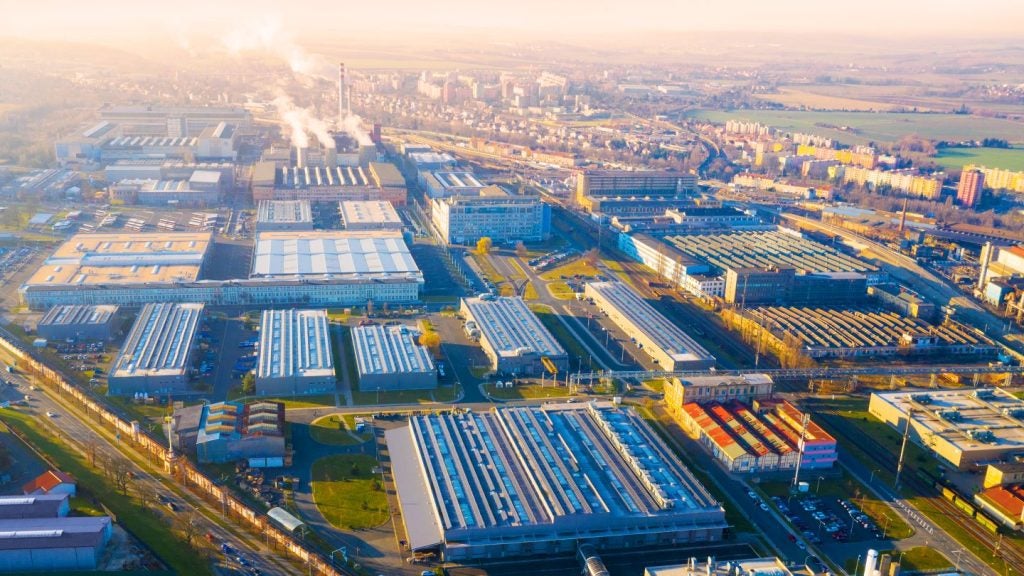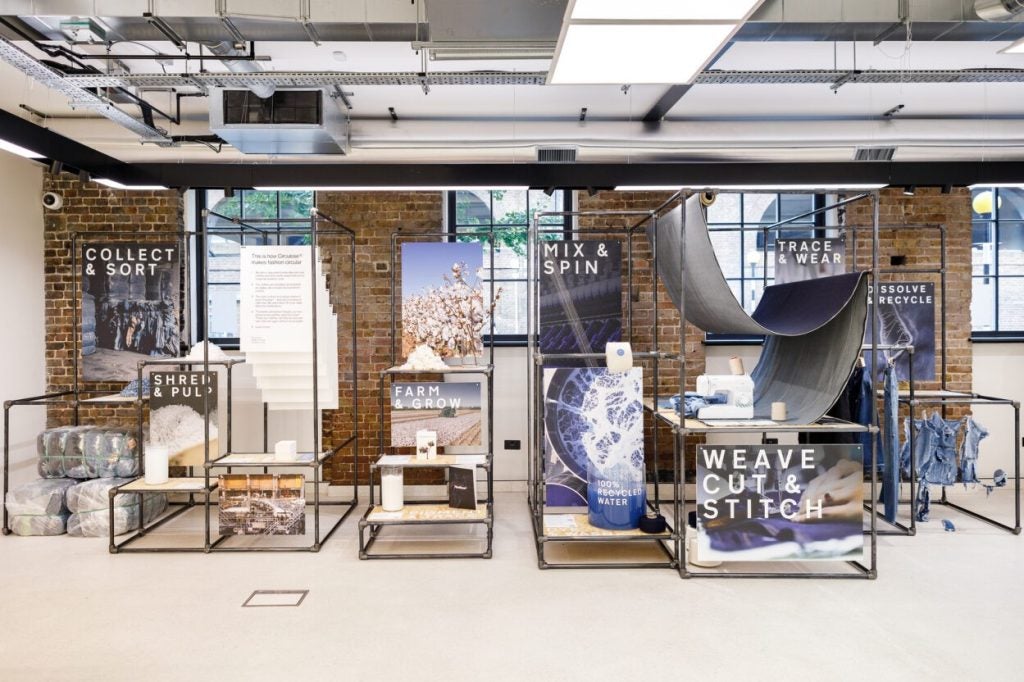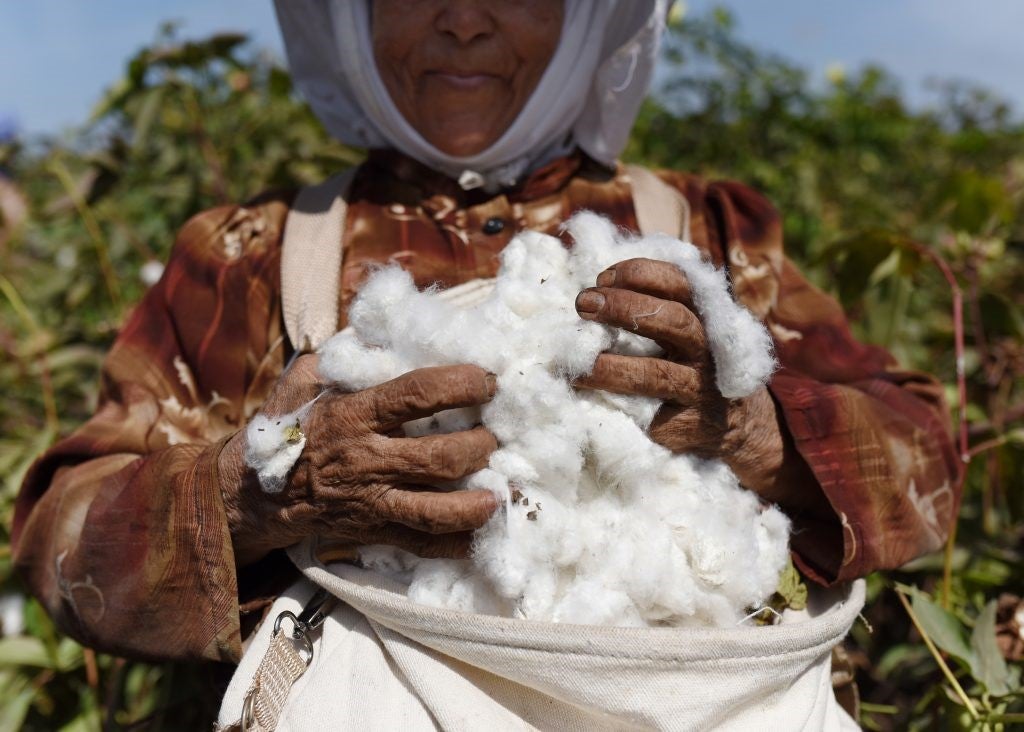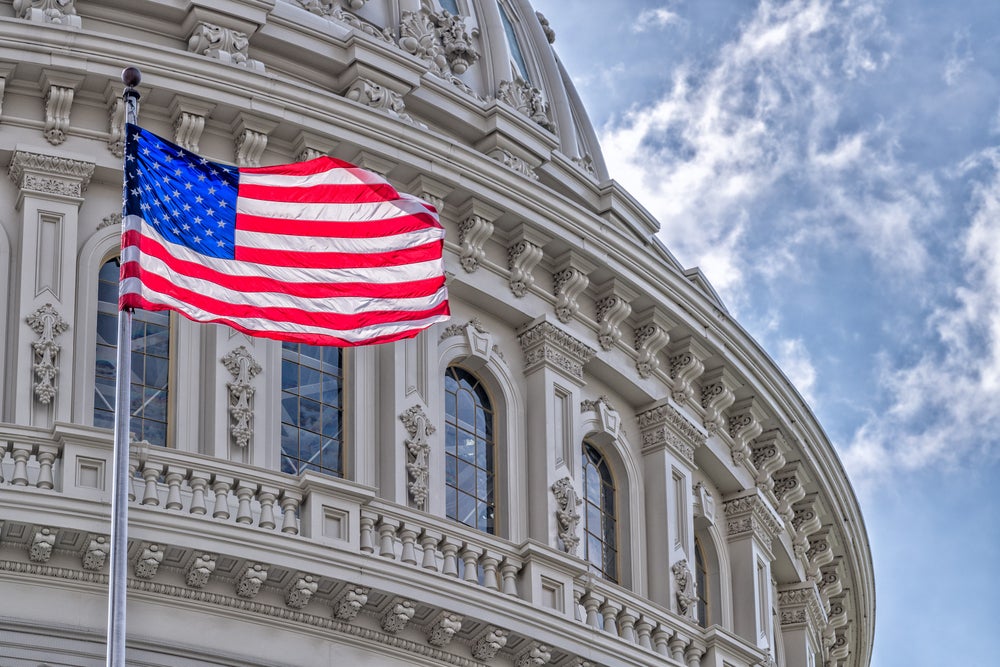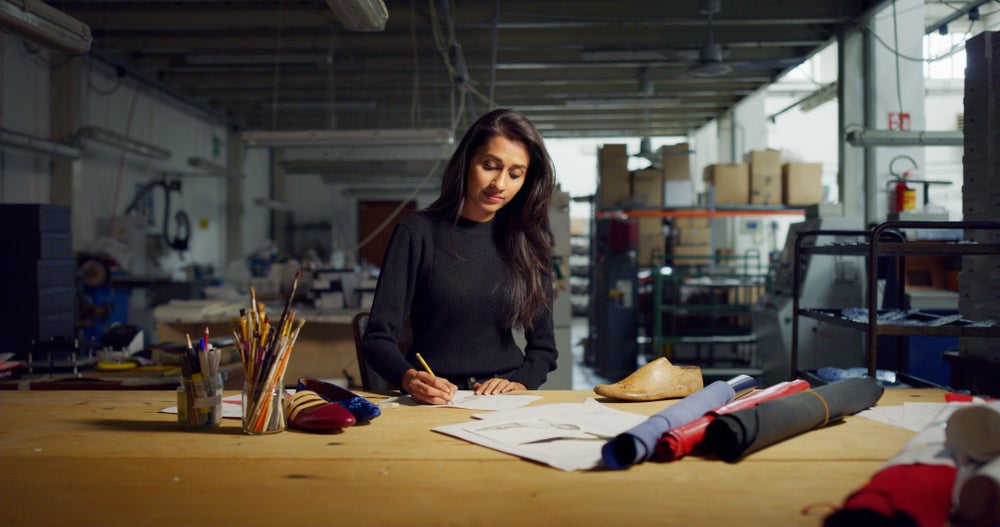Euratex’s president, Alberto Paccanelli together with CIE President, Jose Vte Serna, made the call ahead of the council in Granada on 6 October.
The call aims to bring together trade, energy, state aid and sustainability policies into a single, integrated, comprehensive approach, which can support a robust and modern European manufacturing industry.
Fashion and textile manufacturing are an important part of the proposed strategy with the duo noting: “Textiles are essential components of our society and our wellbeing. It is key for Europe to maintain its capacity to manufacture high-quality, sustainable and high-technology textiles. With this in mind, the competitiveness policy of the future and the related funds to support it, should include the textile ecosystem in its scope.”
The duo continue: “It is fundamental for Europe to pursue a more coherent set of policies that put the competitiveness of its domestic industry at the core. In this context, all the industrial manufacturing sectors should be in the scope, including the textile industry, given its importance in providing essential products and applications to our society. A first impactful action that can be taken in this direction, would be to expand the scope of the Net-Zero Industry Act (NZIA) to include the textiles and clothing industry.
Paccanelli and Vte Serna explain that to consolidate a strong industrial structure in Europe, the Union should secure the supply of clean energy at a competitive cost; support innovation and foster the necessary talent pool and be more assertive in achieving an international level-playing field on sustainability, based on the European model.
So far, they argue “incoherent and conflicting objectives under the trade, energy, industrial and sustainability policy” had been implemented.
The duo also point out: “As a matter of fact, while the circular economy promised to be a recipe for a competitive industry of the future, the likelihood of pushing the EU industry out of the market and driving investment elsewhere than in Europe is very high. If this approach were to continue in the next years, it will result in a de-industrialised Europe, depending on imports from abroad. Such a Europe would be more exposed to geopolitical turmoil, with no agency to deliver its vision of peace, wellbeing and a healthy environment to its citizens."


